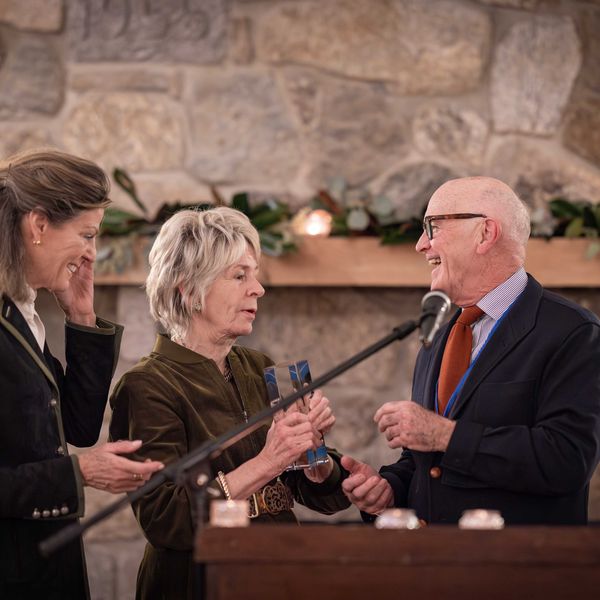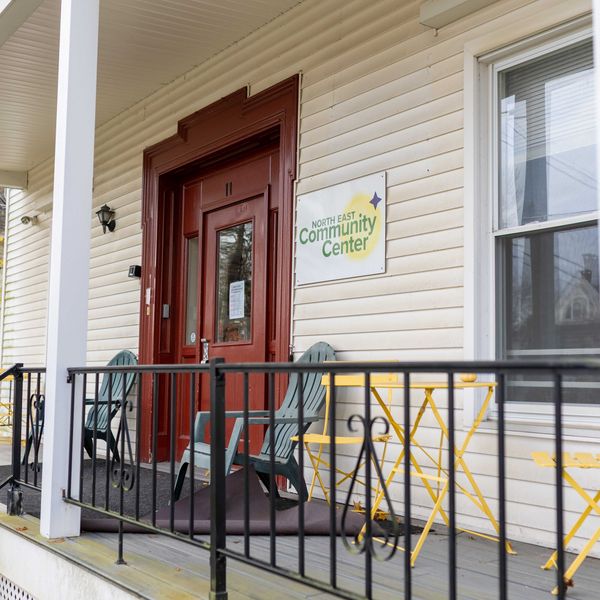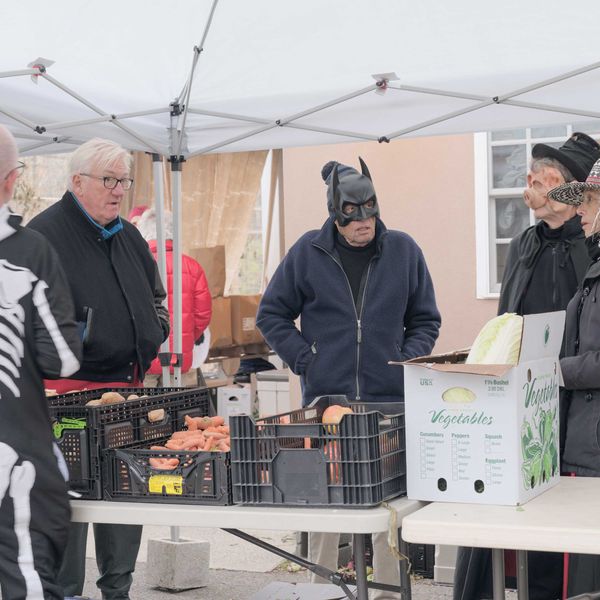Amenia officially accepts gift of restored 1825 charcoal kilns
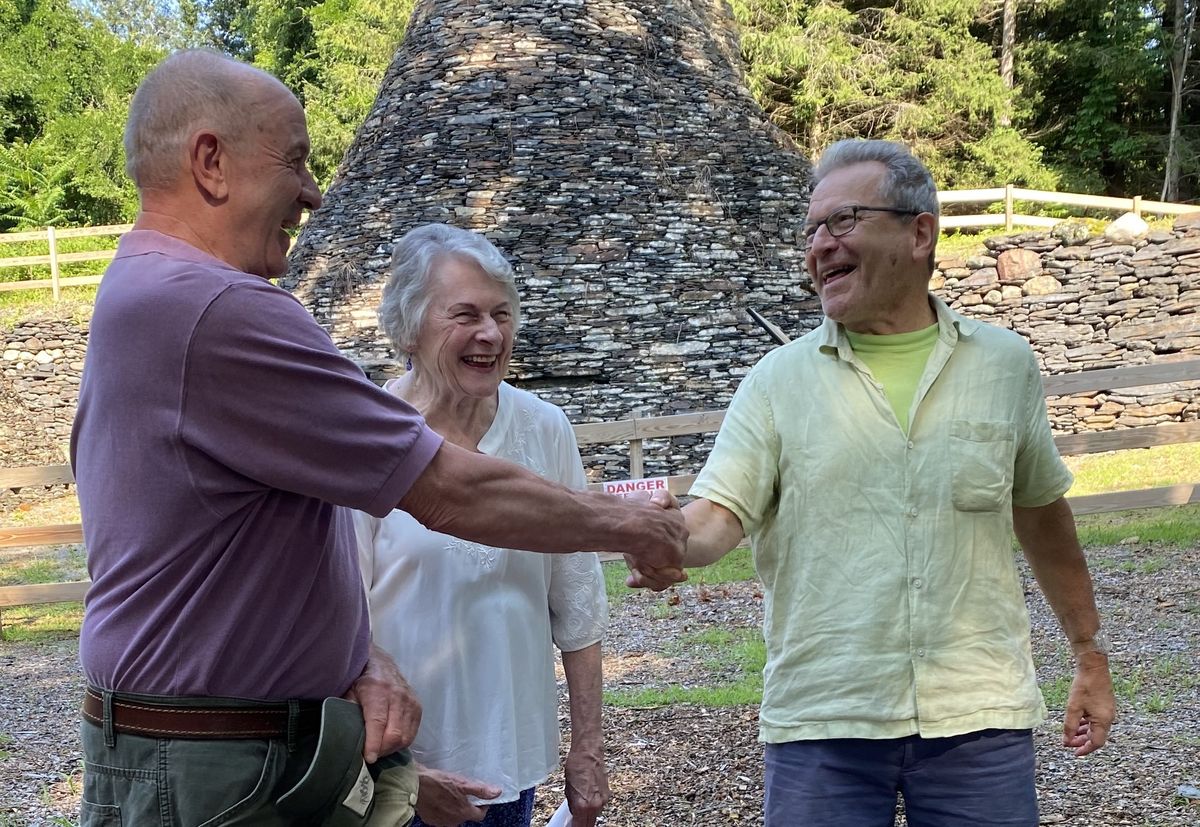
An old-fashioned handshake finalized the transfer of ownership of the Gridley charcoal kilns to the Town of Amenia on Thursday, July 3. Restorer of the kilns Bernie Leighton represented owner Eric Bommer at the event. He is shaking hands with Town Supervisor Leo Blackman. Town Historian Betsy Strauss, center, spoke of the history and unveiled a new permanent sign detailing the site’s importance to the iron industry of the 19th century.
Photo by Leila Hawken
 A sign detailing the history of the charcoal kilns and the recent restoration now stands at the site of the historic kilns on Deep Hollow Road just off Route 22 in Wassaic. The sign and restoration were part of an effort by the Amenia Historical Society and Bernie Leighton, who cleaned up the site and restored the kilns.Photo provided
A sign detailing the history of the charcoal kilns and the recent restoration now stands at the site of the historic kilns on Deep Hollow Road just off Route 22 in Wassaic. The sign and restoration were part of an effort by the Amenia Historical Society and Bernie Leighton, who cleaned up the site and restored the kilns.Photo provided


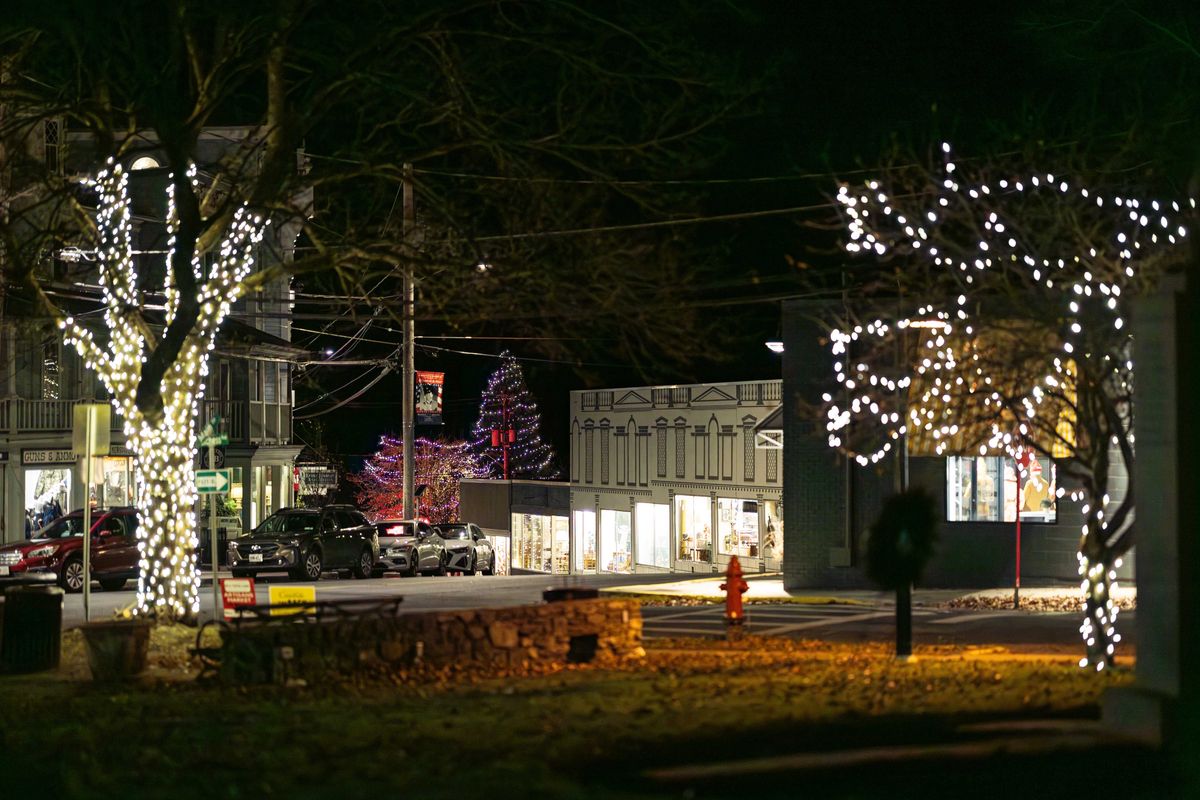
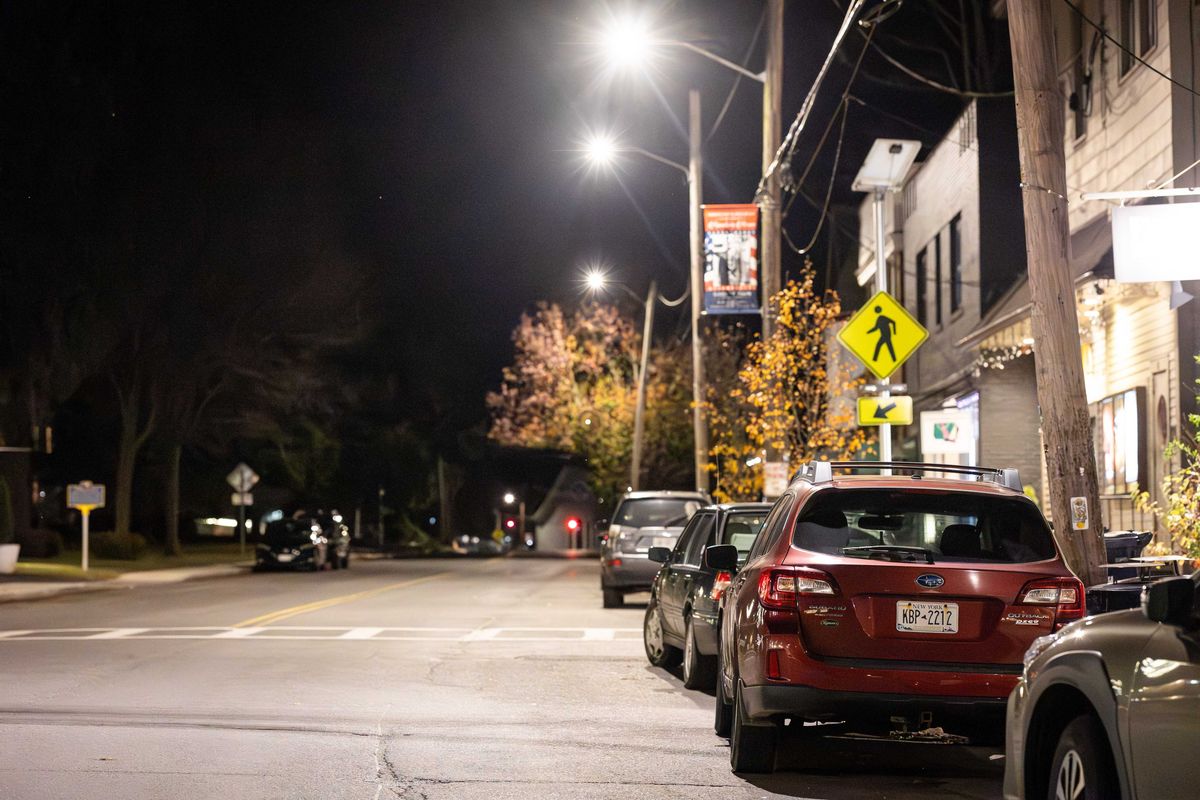
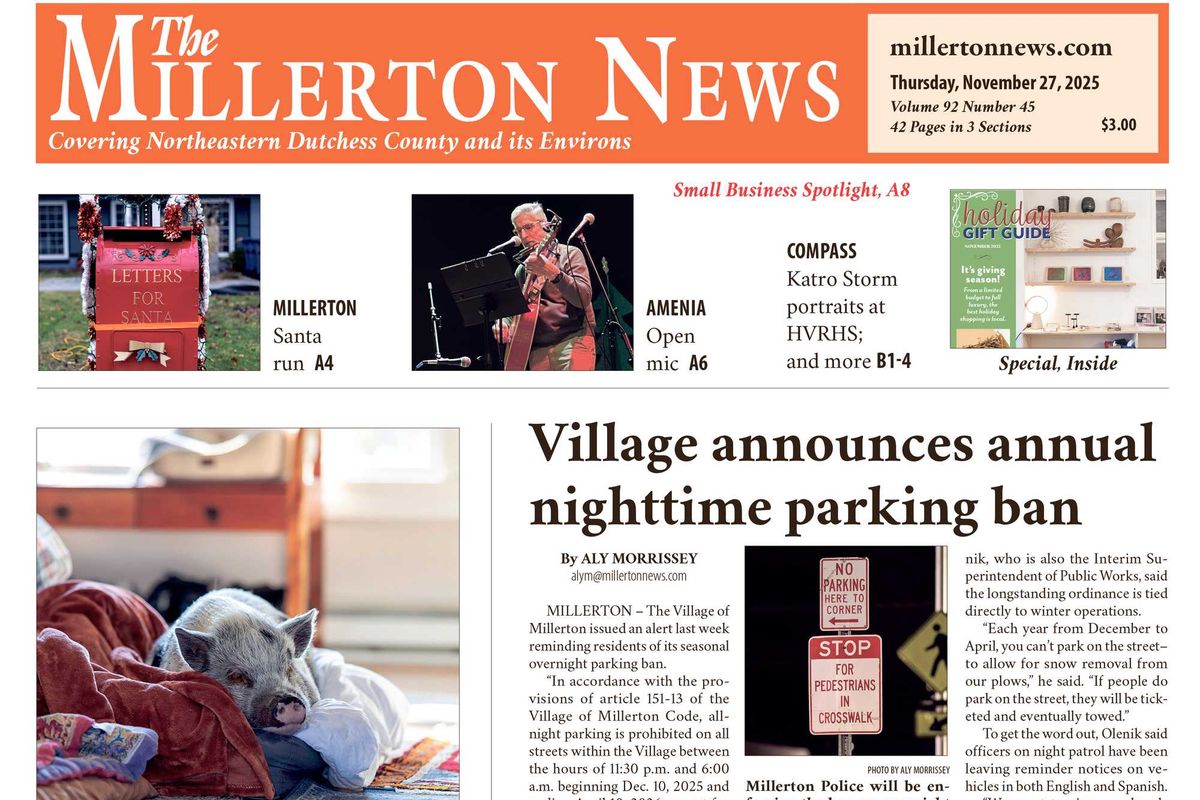
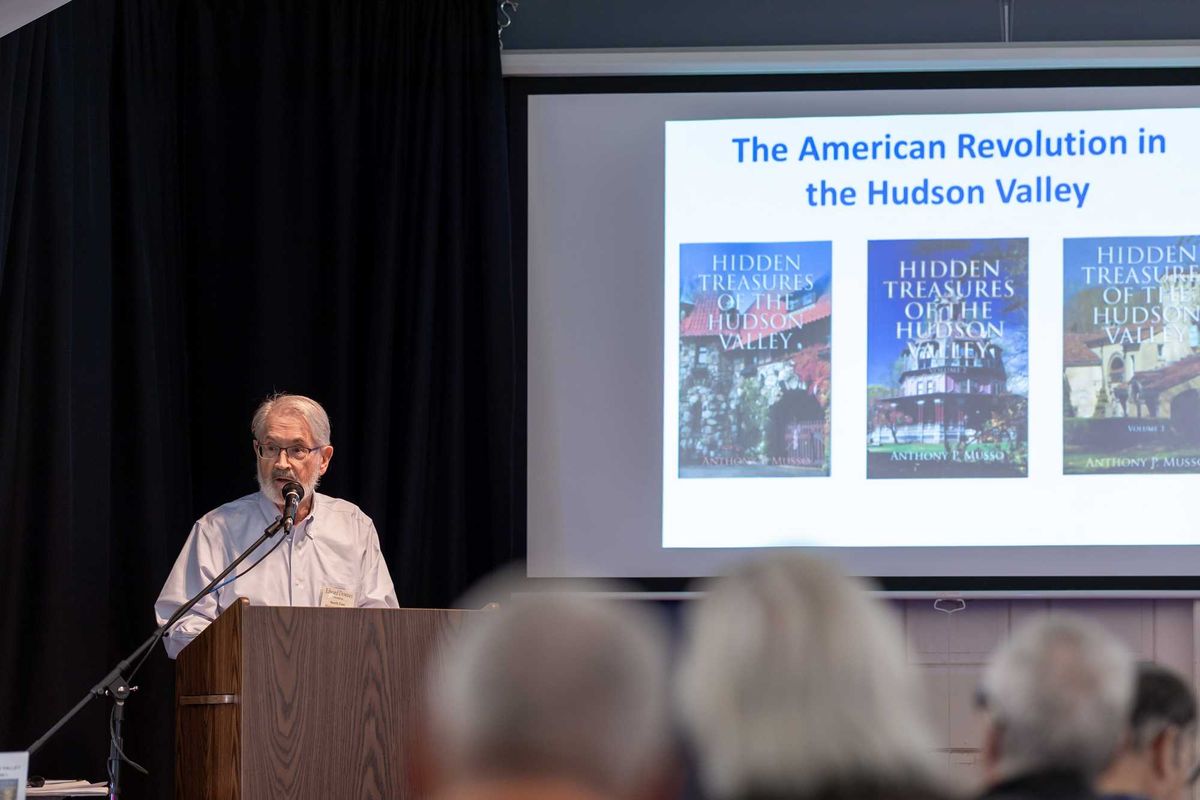

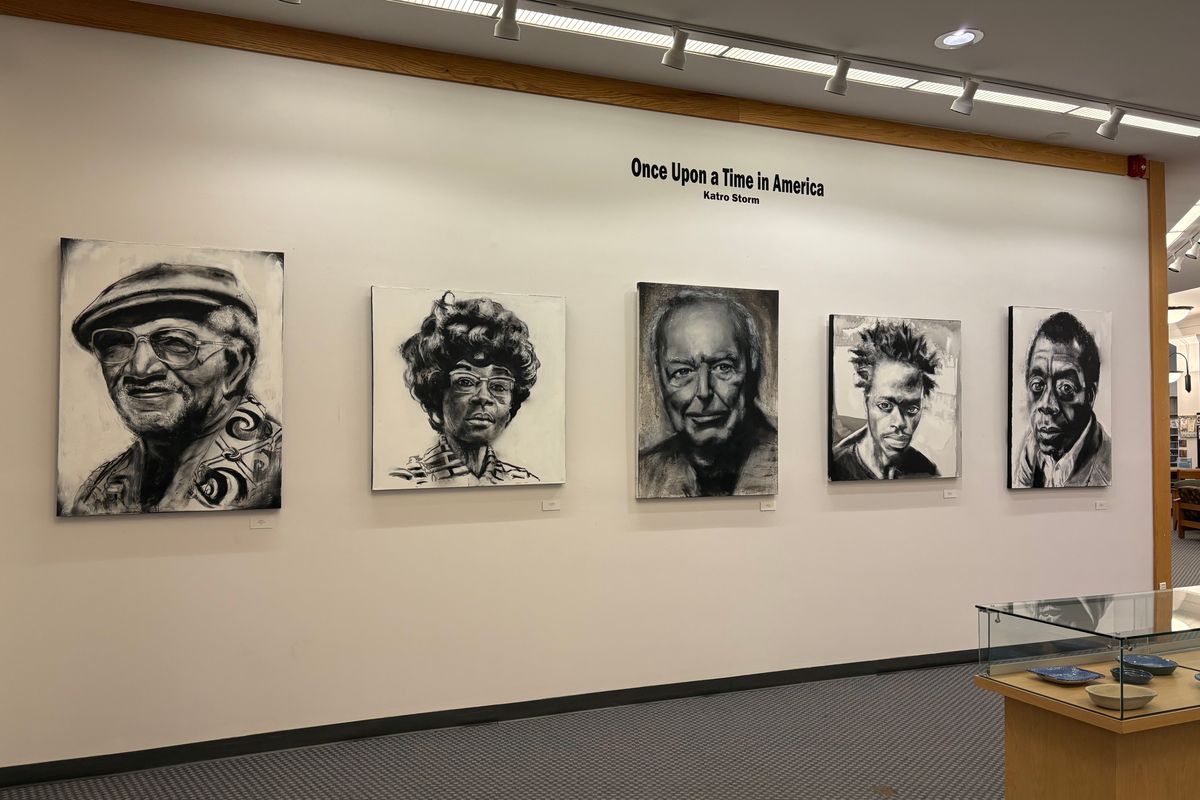
 Artist Katro StormNatalia Zukerman
Artist Katro StormNatalia Zukerman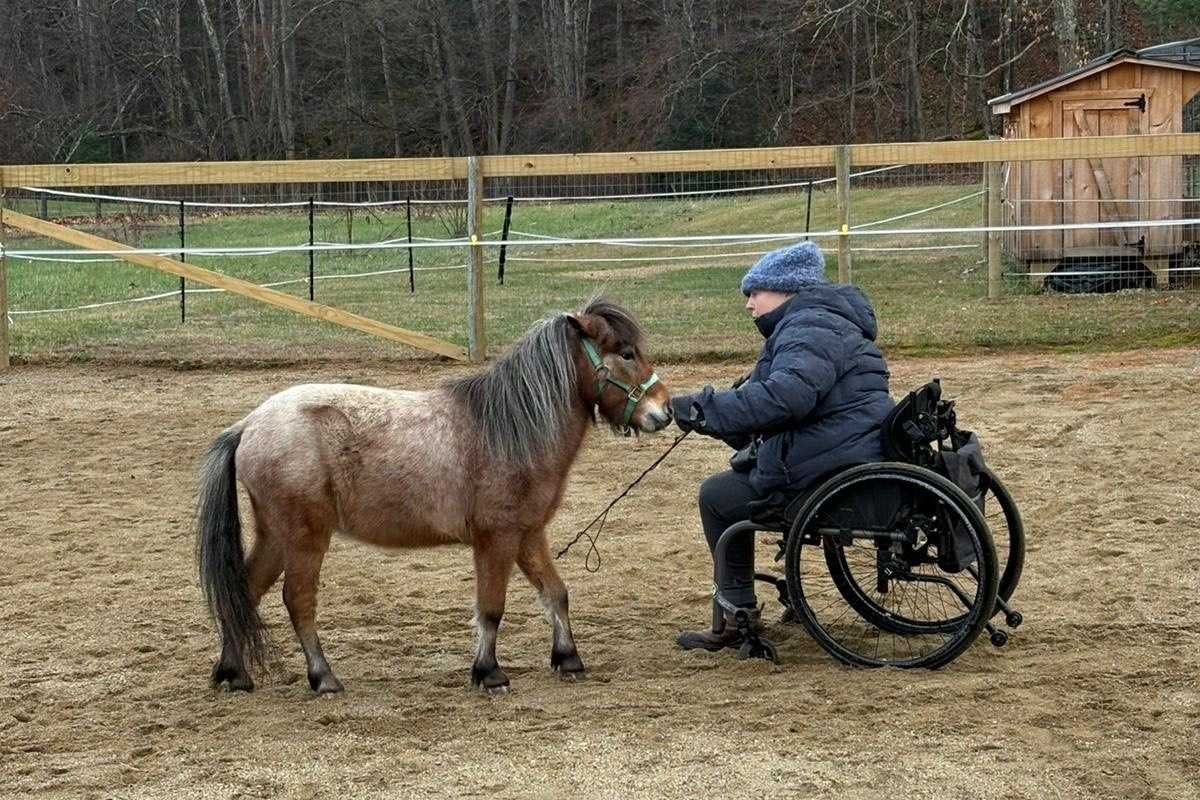
 Child working with a miniature horse at Le Petit RanchMarjorie Borreda
Child working with a miniature horse at Le Petit RanchMarjorie Borreda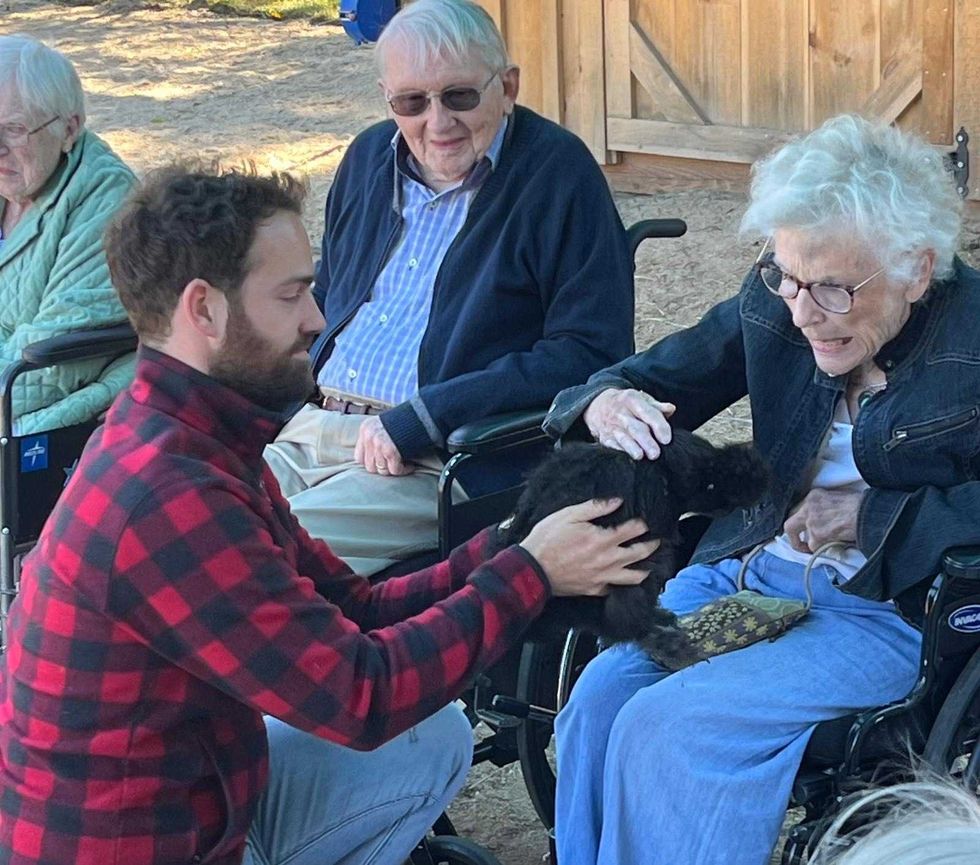 Weekly small-group sessions with seniors at Le Petit Ranch stimulates cognitive function and improves motor skills.Marjorie Borreda
Weekly small-group sessions with seniors at Le Petit Ranch stimulates cognitive function and improves motor skills.Marjorie Borreda